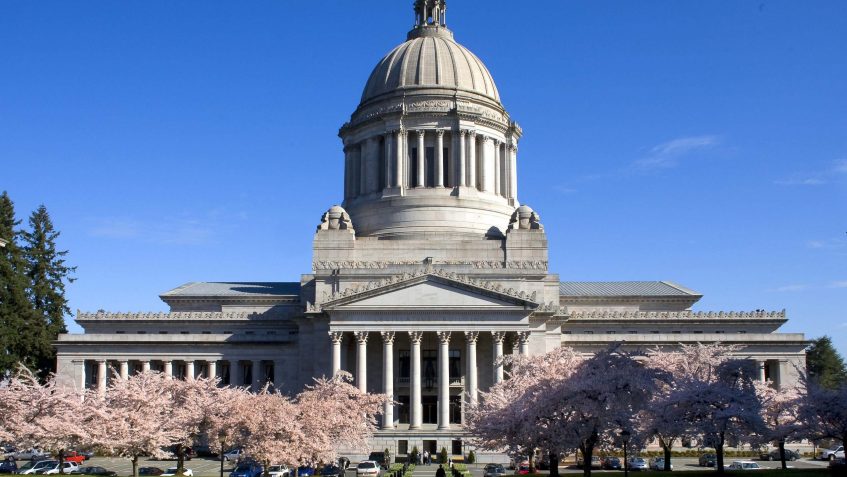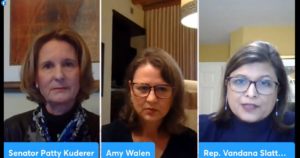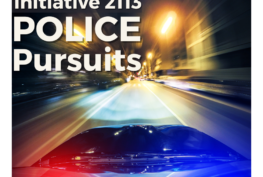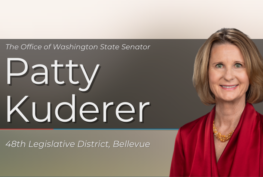Dear neighbors,
We have officially ended the 2022 legislative session and I am extremely proud to report we made some tremendous strides for everyday working Washingtonians. When we adjourned on time for the fifth year in a row this year, we tied for 2nd place with the legislature of 1899 which means we’re on the precipice of breaking a 122-year-old record. This exemplifies our commitment to serving Washington’s workers, and families—a commitment we once again honored with this incredibly impactful year for public policy.
Scroll below to read a digest of this legislative session’s key impacts. While we still have more work to do, I am proud of the investments we made to #PutPeopleFirst.
Housing & Local Government
As many of you know, I serve as Chair of the Senate Committee on Housing and Local Government. This year marks
yet another that we prioritized working families and everyday Washingtonians as we bounce back from the pandemic.
We prioritized:
$114 million infused into Housing Trust Fund to invest in and build more affordable housing.
$240 million for rapid acquisition of buildings to be used to help end homelessness.
$45 million for rental assistance to keep at risk families in their homes and out of abject poverty.
$100 million for utility assistance.
$3 million to assistant tenants and landlords, including funding for dispute resolution services and legal assistance to tenants prior to filing an eviction action.
$45 million to help transition people camping on certain public roads and highways to emergency and permanent housing.
$37 million to increase financial support for housing and essential needs for people eligible for the Aged, Blind, or Disabled program.
$4 million for an emergency adolescent housing pilot, which will provide a supportive housing option for youth aged 16 and older.
Expanding the Housing Finance Commission’s lending capabilities to help get more families into homes without breaking the bank.
Broadened affordable workforce housing to expand the use of a local taxing option for economic development for the infrastructure for affordable workforce housing.
And we spearheaded programs to expand home ownership for low-income earners to help close the generational and racial wealth gap.
Washingtonians Invest in What We Value
This year was unlike any other—we balanced the budget after two daunting years of the pandemic and ended with a surplus. We put $2 billion into reserves for the next economic recession, leaving our state in a strong position to come roaring back. Washingtonians are ready to look to the future with hope and this budget provides an optimistic vision for our state.
I grew up hearing that where you spend your money is what you value. We are using our economic strength to double down on working families with a budget that isn’t balanced on the backs of the working class.
This year’s supplemental budget is a statement of our values:
We received an AAA bond rating throughout the public health crisis, underscoring Washington State’s economic viability for businesses, even in the height of a global pandemic.
We are among the best places to do business. CNBC and others have ranked us one of the top ten states for businesses at the same time as Oxfam has ranked us the best state for workers.
$2 billion to support the transportation budget (Multimodal Account).
$1.6 billion for emergency response (Washington Rescue Plan Transition Account).
$150 million for student loans (Washington Student Loan Account).
$120 million for electric vehicle transitioning (Electric Vehicle Incentive Account).
This budget delivers for working families, our schools, the environment and takes bold steps to reduce poverty and homelessness. It adds more than $6 billion to build upon the greatest community reinvestment this state has ever made in the two-year budget passed last April.
Washington is Poised for a Roaring Recovery
Washington was one of the initial battlegrounds of the pandemic. Before this virus was established in other states, we were already implementing science-backed procedures to mitigate its effects. Our hard work shows.
Our steadfast commitment to the safety of our neighbors and recovery of our businesses shows.
We have the 7th lowest death rate of any state in the US.
We are ranked the #1 state to live in by US News two years in a row when weighing factors like our economy, educational access, infrastructure, and fiscal stability.
We invested $144 million for COVID-19 response in the public health system – diagnostic testing, case investigation, outbreak response, and care coordination.
Cases are falling, but we must continue to support foundational public health so we can successfully emerge from the pandemic while building a stronger response system for the next crisis.
Keeping Small Businesses Whole
Small businesses are the beating heart of our local economies. This year we built on the work of last session and underscored our commitment to keeping small businesses healthy and operational.
Ending B&O taxes for more than 125,000 small businesses across Washington that will not pay the state business tax for 2 years, saving approximately $50 million each year (SB 5980).
$214 million in unemployment insurance tax relief for all Washington businesses, with the lion’s share going to small businesses (SB 5873).
$71 million for programs to help Washington’s small businesses recover and thrive from the Covid-19 pandemic.
Public Safety is Community Safety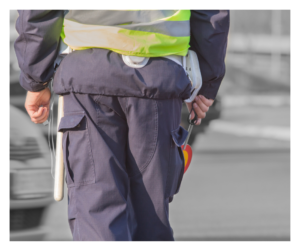
Last year’s reforms weren’t the end of our efforts, they were the beginning. And they’re working. It’s telling that the number of people who died in police encounters in the first 11 months of 2021 declined more than 60 percent compared to the year before, more than in any other state. But we still have a long way to go before we’re dialed in with an approach to policing that puts community trust and transparency first, while also giving our members of Law Enforcement the peaceful tools they need to keep us safe.
Here’s a look at how we’re building trust in our communities:
Modified use of force (HB 1735) — clarifying use of force when we’re getting people into help. Working directly with law enforcement, this legislation makes clear that physical force when detaining someone on involuntary treatment hold may be used.
Empowering our peace officers with less lethal options (HB 1719) – to help in difficult situations.
Increasing law enforcement officers’ and firefighters’ retirement benefits (HB 1701) – it gives more to our firefighters and LE professionals to keep this line of work experienced and seasoned.
Hi-Speed chases are down, hi-speed chase related deaths with it. Last year the law changed to keep the public safer by preventing car chases over low-level crimes. To pursue a fleeing vehicle, police must have probable cause to believe a person in it has committed a violent offense. We did not change that standard this year.
Justice for All Washingtonians

I serve on the Senate Committee for Law & Justice where our work is community-centered and results- driven. It has been an honor serving alongside our state’s leading officials as we look for innovative ways to increase access to justice for all Washingtonians.
We’ve passed bills to:
Address Coercive Control with a bill to allow DV victims to seek civil protection orders if they are victims of coercive control used by abusers to oppress and instill fear (HB 1901).
Tackle catalytic converter theft as the incidence of this type of crime continues to rise.
Cut down on cyber harassment and stalking with a bill that gives survivors an avenue to seek confidential, timely justice (SB 5628).
Establish a Missing Indigenous Person alert system to prevent the crises of missing and murdered indigenous people in our state from getting worse (HB 1725).
Crime statistics are mixed one thing is clear: domestic abuse skyrocketed and 30% of homicides were DV victims. This year was one where we could stand in solidarity with survivors in our community and say enough is enough.

Common-Sense Gun Reform
Our nation has a gun problem. Cloaked behind this deep seeded issue is an industry that perpetuates lies and propaganda all for political and monetary gain. My neighbors, friends, colleagues and constituents all know me to be a fierce advocate for gun safety and common-sense firearm accountability and while there is a long road ahead, this year we made historic progress.
Here’s how we made our communities MUCH safer:
We banned the sale of high-capacity magazines of the type often used in mass shootings which can, and do, lead to up to 60% more gun deaths in these tragic occurrences. (SB 5078).
We banned ghost guns, those 3D printed weapons of war and other untraceable deadly weapons have no place lurking about in our communities (HB 1705).
We banned open carry at local government and school board meetings, and at election offices and voting centers (HB 1630). Intimidation and threat of bodily harm have absolutely zero place in these areas that we hold sacred to our democracy.
In 2020 alone the US saw the single most deadly year for gun deaths. Shootings in which high-capacity magazines are used result in a 62% higher death toll than those without; shooters with more bullets at the ready do more damage quicker. That’s more potential death and damage to our children, and to our communities.
Protect our students. Protect our schools. Protect our places of work and play.
Thank You
Thank you for emailing, calling, and writing to me this session. And thank you to those who joined in on our Virtual and Telephone Town Halls. You were heard and appreciated. As we finish out the session, I would like to extend my heartfelt gratitude to all my neighbors and constituents for their commitment to a forward moving and forward-thinking 48th Legislative District. Pictured right, my seatmates and I this week discussing all the heavy hitting policies Live on Facebook and YouTube. You can click this picture to watch the full video or click here.
Honored to serve,
Patty Kuderer
Senator, 48th Legislative District

